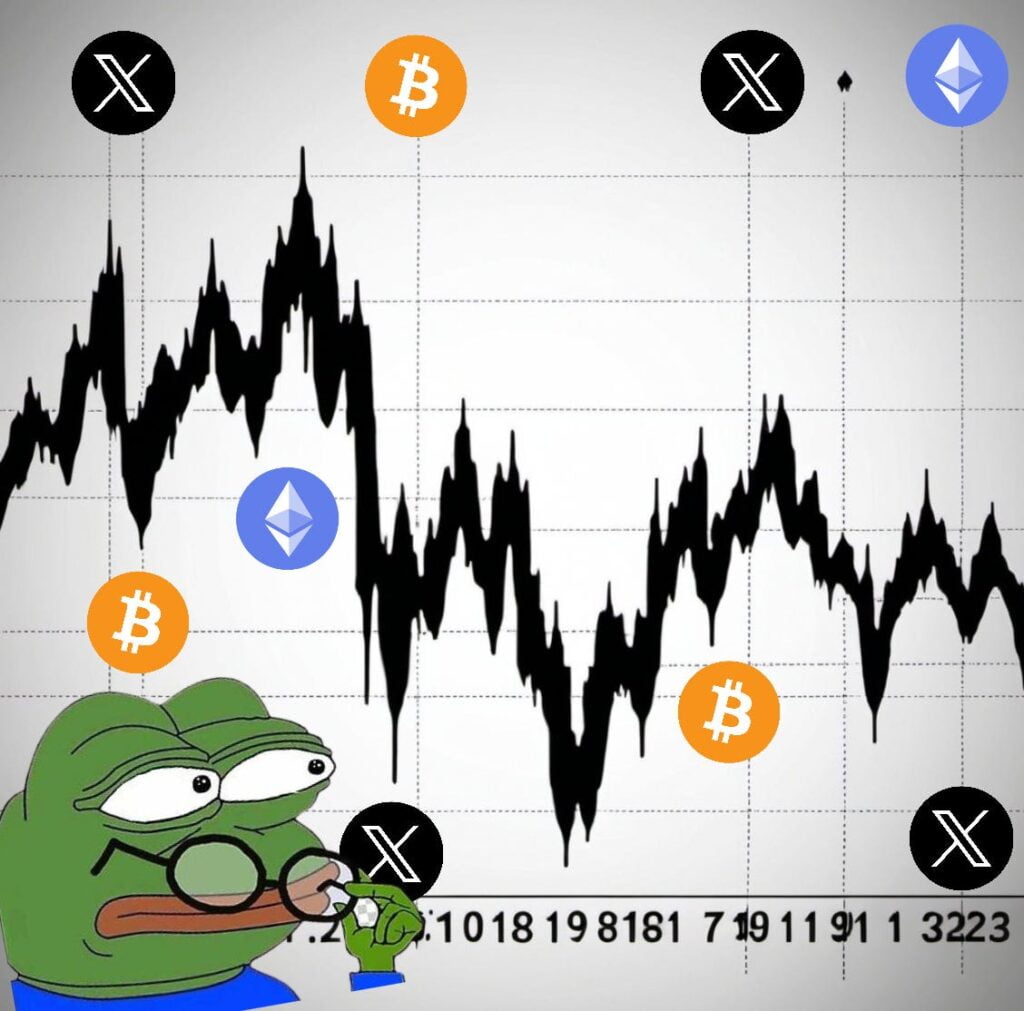Podcast Summary
The podcast discusses the release of WikiLeaks founder Julian Assange from prison after five years of incarceration. It delves into the details of Assange’s plea deal with U.S. authorities, the political pressure from Australia that facilitated his release, and the impact of WikiLeaks on public understanding of power, freedom, and war. The podcast also touches on WikiLeaks’ significant leaks, Assange’s legal troubles, and the implications of his case for press freedom.
Key Takeaways
Julian Assange’s Release and Plea Deal
- Assange’s Release: After five years in Belmarsh prison, Julian Assange is set to be released following a plea deal with U.S. authorities. He pleaded guilty to one felony charge of conspiracy related to receiving and disclosing classified U.S. national defense documents under the Espionage Act.
- Political Pressure: Assange’s release was facilitated by political pressure from Australia, with a cross-party delegation lobbying in Washington and a motion passed in the Australian Parliament urging the UK and US to return Assange to Australia.
Impact of WikiLeaks
- Exposing Corruption: WikiLeaks, founded in 2006, aimed to expose corruption by disclosing leaked documents, with an initial focus on oppressive regimes and corrupt corporate behavior. The podcast recounts some of WikiLeaks’ significant leaks, including the 2007 leak of a procedure manual for Camp Delta in Guantanamo Bay.
- Shift in Public Opinion: The podcast contextualizes the impact of WikiLeaks by referencing the shift in U.S. public opinion against the wars in Afghanistan and Iraq, which began turning negative in 2006 according to Pew Research.
Assange’s Legal Troubles
- Legal Battles: Assange’s legal troubles are highlighted, starting with the 2010 Swedish arrest warrant for sexual assault and his decision to remain in the UK to avoid extradition. His asylum request to Ecuador in June 2012 and his residence at the Ecuadorian Embassy in London are also discussed.
- US Extradition: The podcast concludes with the events of April 2019, when Ecuador withdrew Assange’s asylum, leading to his arrest by UK police and the US Justice Department’s formal extradition request and charges under the Espionage Act.
Sentiment Analysis
- Bullish: The podcast presents a bullish sentiment towards the release of Julian Assange, highlighting the political pressure from Australia that facilitated his release and the plea deal with U.S. authorities. The podcast also portrays WikiLeaks in a positive light, emphasizing its role in exposing corruption and influencing public opinion.
- Bearish: A bearish sentiment is expressed towards the U.S. government’s handling of Assange’s case, with criticism of the charges under the Espionage Act and concerns about the implications for press freedom. The podcast also criticizes the conditions of Assange’s confinement and his treatment by the UK and US authorities.
- Neutral: The podcast maintains a neutral stance on the legal and ethical debate surrounding Assange’s role as a journalist versus an active participant in obtaining classified documents. It presents both sides of the argument, highlighting the DOJ’s distinction between passive receipt and active gathering of classified information.










